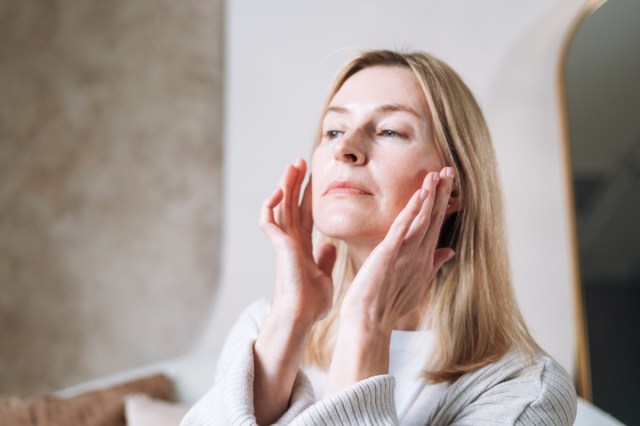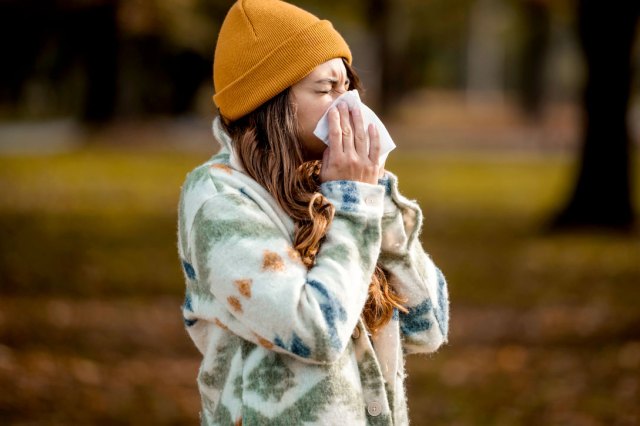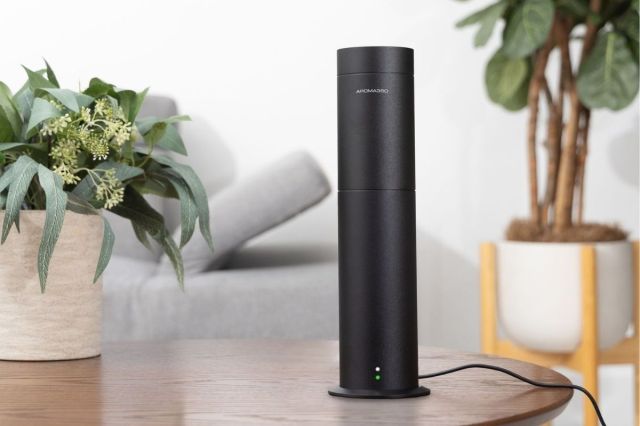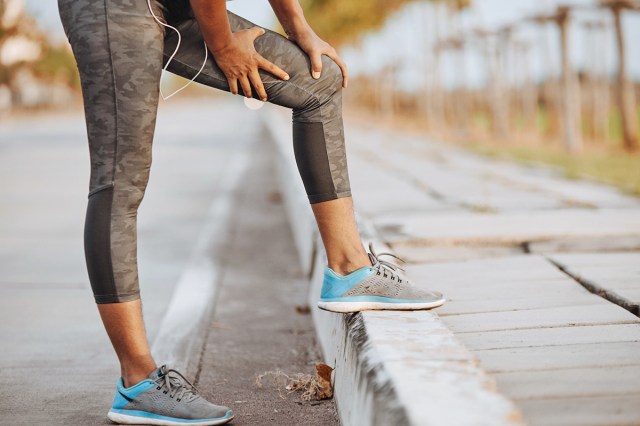Sometimes, it feels like taking a shower could fix anything. It’s a place to cool down after a day at the beach, relieve congestion while fighting a cold, or enjoy peace and quiet after a stressful day. However, for all the millions of times (probably, we’re estimating here) when you should shower, there are a few times when you shouldn’t. You might be shocked and somewhat disgusted after reading that last sentence, but don’t worry; these reasons are plenty good. Here’s why you should hold off on scrubbing down in certain situations.
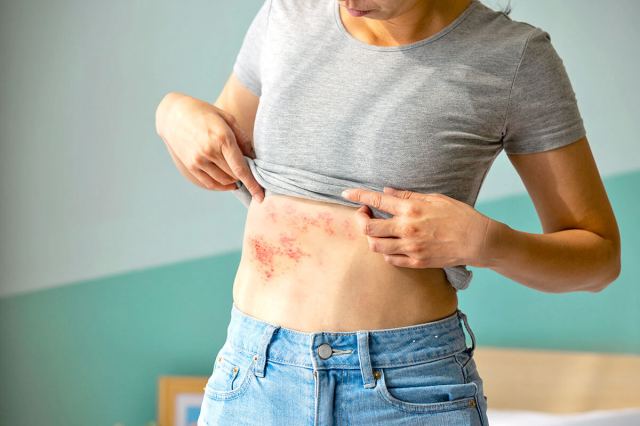
When Your Skin Is Irritated
This sounds counterintuitive because water should soothe irritated skin, right? Wrong. Water, especially hot water, can actually irritate many skin conditions, including dry skin, hives, eczema, and sunburn. Hot water strips the natural oils from the skin, which act as a protective barrier to help ease skin problems. If you can, wait an extra day to shower, and skip every other day until your skin improves. If you must shower daily during a skin flare-up, opt for shorter showers (five to 15 minutes) in lukewarm water. Then, hydrate your skin immediately — we’re talking within three minutes, according to the National Eczema Association — after drying off using appropriate moisturizers for your skin condition.
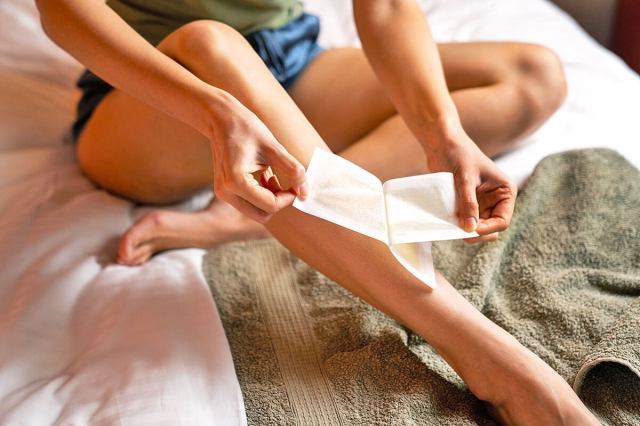
After Waxing
To mitigate skin irritation following a wax, you should avoid showering for 24 hours after your treatment. When hair is pulled off your body from the root, what is left behind is the hair follicle, a large, open pore on your skin that is susceptible to inflammation and irritation. As previously mentioned, hot water can irritate the skin, and showering after a wax can leave you with inflamed, burning bumps. What’s more, certain body washes and shower gels can cause even more inflammation in sensitive areas. For this reason, get a wax a few days before vacation or a special event so that your skin returns to normal with plenty of time to shower.
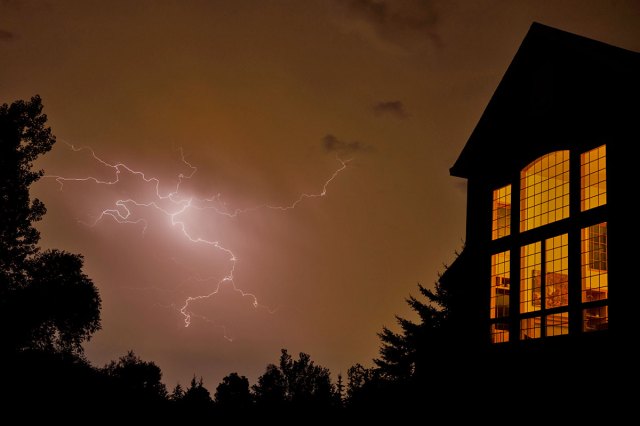
During a Thunderstorm
Unfortunately, this isn’t a myth. Showering during a thunderstorm can be dangerous. Water conducts electricity, so even if you have plastic pipes in your home, a lightning strike can travel through the water and cause injury. According to the Cleveland Clinic, around one-third of all lightning injuries occur indoors. “The current can easily travel along those pipes, and when it’s looking for a way out at the end of the line, it can jump and strike a person from the showerhead or faucet,” explains Dr. Bazzoli, an emergency physician. Play it safe and wait for the storm to pass.
Reader Favorites
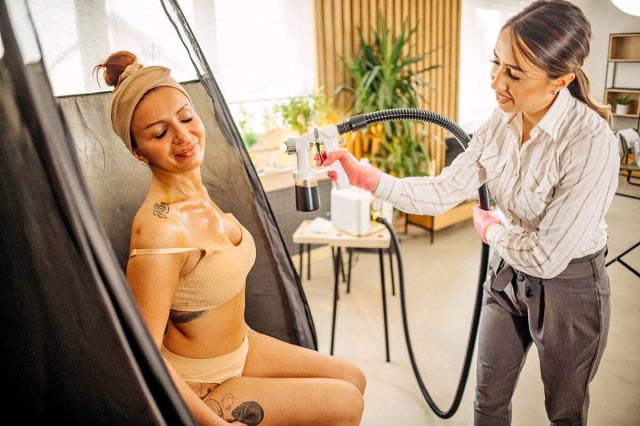
After a Cosmetic Appointment
Don’t let a shower ruin your preparations for a big event. Hold off on showering if you’ve just gotten a spray tan, manicure, pedicure, facial, or other cosmetic service. For spray tans, follow the salon’s guidelines, which typically tell you to shower within eight hours. As for manicures and pedicures, usually, six hours is long enough for the paint to dry entirely but beware: hot water can chip paint faster. And if you’re familiar with the film Legally Blonde, you know that you should never shower for a few days after getting a perm — you know the scene.

After a Meal
Wait at least 30 minutes after a meal to shower. According to nutritionist and holistic wellness coach Eshanka Wahi, showering immediately after eating can disrupt digestion “by diverting blood flow away from the stomach and intestines to the skin’s surface.” This can even lead to indigestion, which can be very uncomfortable. Instead, try showering before meals, which relaxes the body and promotes digestion and nutrition absorption.
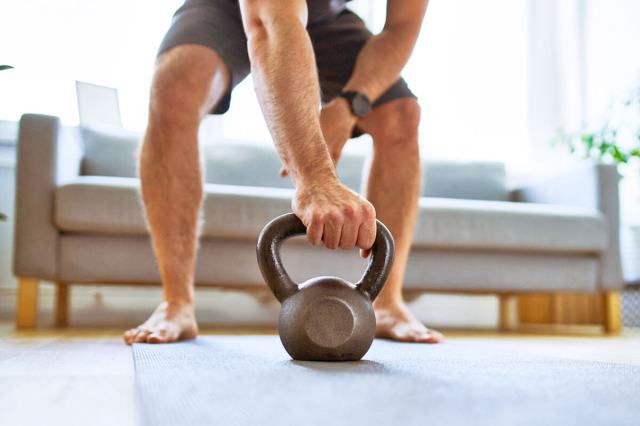
Immediately After a Workout
There is an ideal time to shower following a workout. It’s best not to do it too soon or wait too long. Give your body time to sweat and cool before jumping into a hot shower. This helps normalize heart rate and body temperature, which is imperative to good health. After 20 to 30 minutes following a workout, it’s time to shower. However, don’t wait too long to clean up — staying in sweaty clothes is not good. Dermatologist Neal Schultz explains, “They trap moisture that encourages the growth of germs, bacteria, fungus, and yeast, which could invite a skin infection or cause breakout.” So, while it’s important to shower after a workout, it’s equally important to do it at the right time to avoid these potential risks.
More From Our Network
Better Report is part of Inbox Studio, an email-first media company. *Indicates a third-party property.











